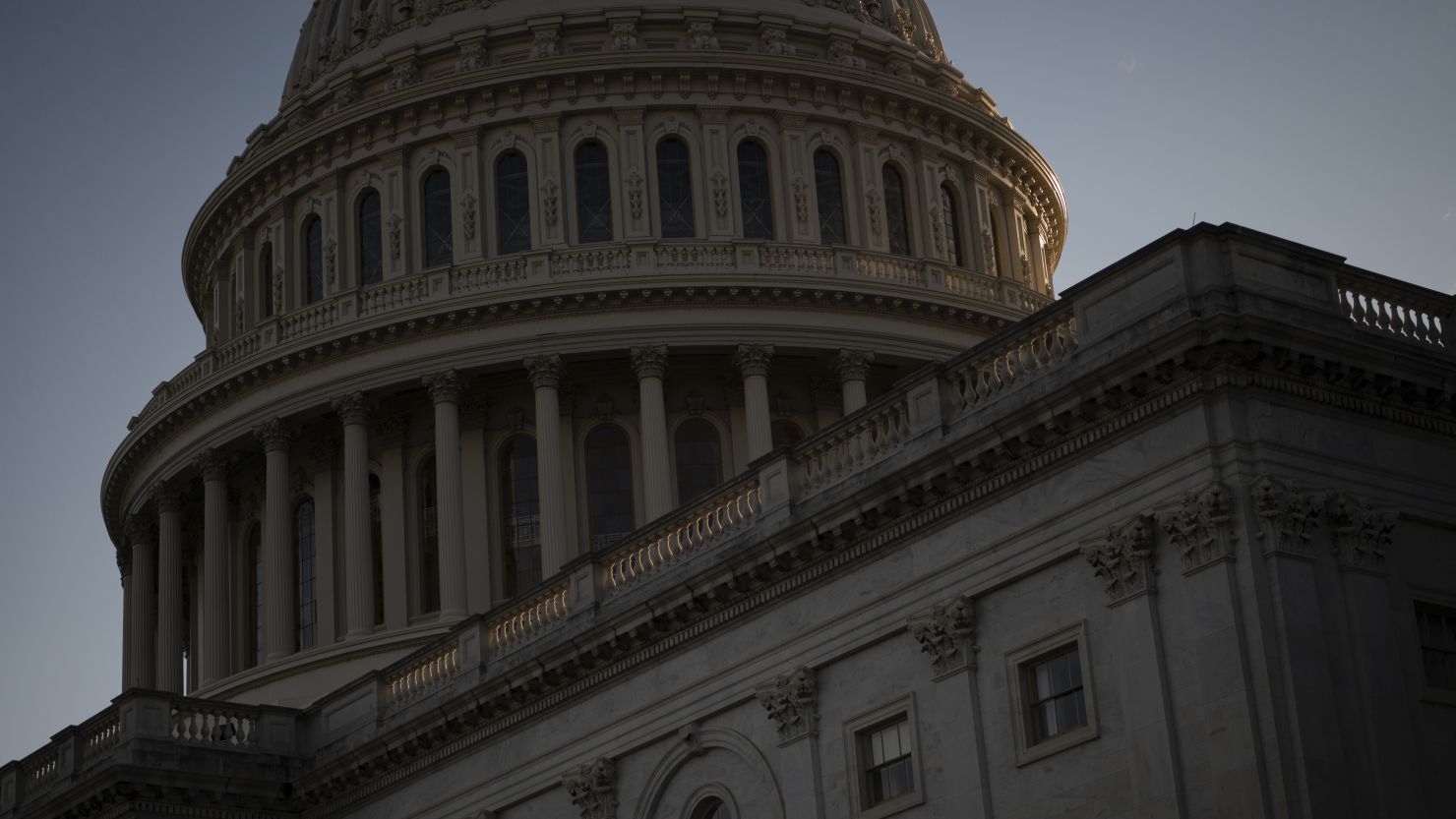A version of this story appeared in CNN’s What Matters newsletter. To get it in your inbox, sign up for free here.
Lawmakers return to Washington this week with a lot to consider.
Discussions over Covid-19 funding, aid to Ukraine, and US Southern border policy will all compete for time, as Congress looks ahead to looming midterm elections in November.
Here’s what we’re watching this week:
Covid-19 funding. The Biden administration will renew its push with lawmakers to secure Covid-19 funding when Congress returns from recess, a White House official told CNN’s Betsy Klein, following inaction from the Senate on a $10 billion funding package before the two-week Easter break.
The White House has been sounding the alarm for weeks that additional funding is needed to continue the federal Covid-19 response, even as it seeks a return to “normal” with many pandemic-era restrictions lifting.
Concerns raised by officials include:
- A possible lack of adequate resources to purchase enough booster shots for all Americans if additional booster shots are authorized
- The possibility that monoclonal antibody treatments run out as soon as next month
- A scaled-back purchase of AstraZeneca’s preventative treatment
- Insufficient testing capacity and supply going forward
- Impacts to research and development
Title 42. Next month, the Biden administration is set to roll back the public health authority known as Title 42, which was first invoked by then-President Donald Trump. The measure allows border authorities to turn migrants back to Mexico or their home countries because of the public health crisis.
Vulnerable Democratic lawmakers plan to use a House Judiciary Committee hearing featuring Homeland Security Secretary Alejandro Mayorkas this week to distance themselves from the Biden administration’s decision, congressional aides say.
They plan to grill the secretary, whose answers could offer a window into how the White House will defend its position.
Meanwhile, House Minority Leader Kevin McCarthy is set to lead a group of fellow Republican lawmakers, including Rep. Marjorie Taylor Greene of Georgia, to the southern border in Texas on Monday. The trip comes as he’s trying to contain the fallout from newly released audio recordings that revealed contradictory statements he made about Trump.
In the audio clips, the California Republican is heard telling other GOP leaders in the days following the January 6 insurrection that he was considering advising Trump to resign, among other things. Those comments undercut his denials of the New York Times’ reporting about his conversations with lawmakers.
McCarthy broke his silence Friday and defended his comments to reporters, saying he had just been walking through potential scenarios about Trump’s fate after the insurrection and hadn’t been advocating any of them.
Aid to Ukraine. The security assistance that the President announced last week marked the last presidential drawdown until Congress approves more money for weapons to the country.
“In order to sustain Ukraine for the duration of this fight, next week I’m going to have to be sending to Congress a supplemental budget request to keep weapons and ammunition flowing without interruption to the brave Ukrainian fighters and continue to deliver economic assistance to the Ukrainian people,” Biden said Thursday.
He added that he expects Congress to “move and act quickly” on a second supplemental funding package.
The administration is working to get the military assistance to Ukraine as quickly as possible because it believes the war is in a critical stage and the continued US assistance could make a difference when Russia ramps up its assault on eastern Ukraine.
A big week on Wall Street too. Investors are gearing up for a week of big ticket economic data, including a first look at economic growth between January and March and more inflation numbers.
Read this report from CNN’s Anneken Tappe. America’s economic activity, measured by gross domestic product, is forecast to have only grown at an annualized pace of 1% in the first quarter of the year, according to consensus expectations from Refinitiv. The Federal Reserve Bank of Atlanta’s GDPNow model forecasts a seasonally adjusted annualized growth rate of 1.3% as of mid-April.
That would be a steep drop compared with the 6.9% growth pace in the final quarter of 2021 and would make it the worst three-month period since the pandemic recession in the second quarter of 2020.
Economists had predicted that growth would eventually slow from the pace seen during the great reopening. But even compared with pre-pandemic times, when the US economy grew steadily at a more moderate pace, 1% would be disappointing.



